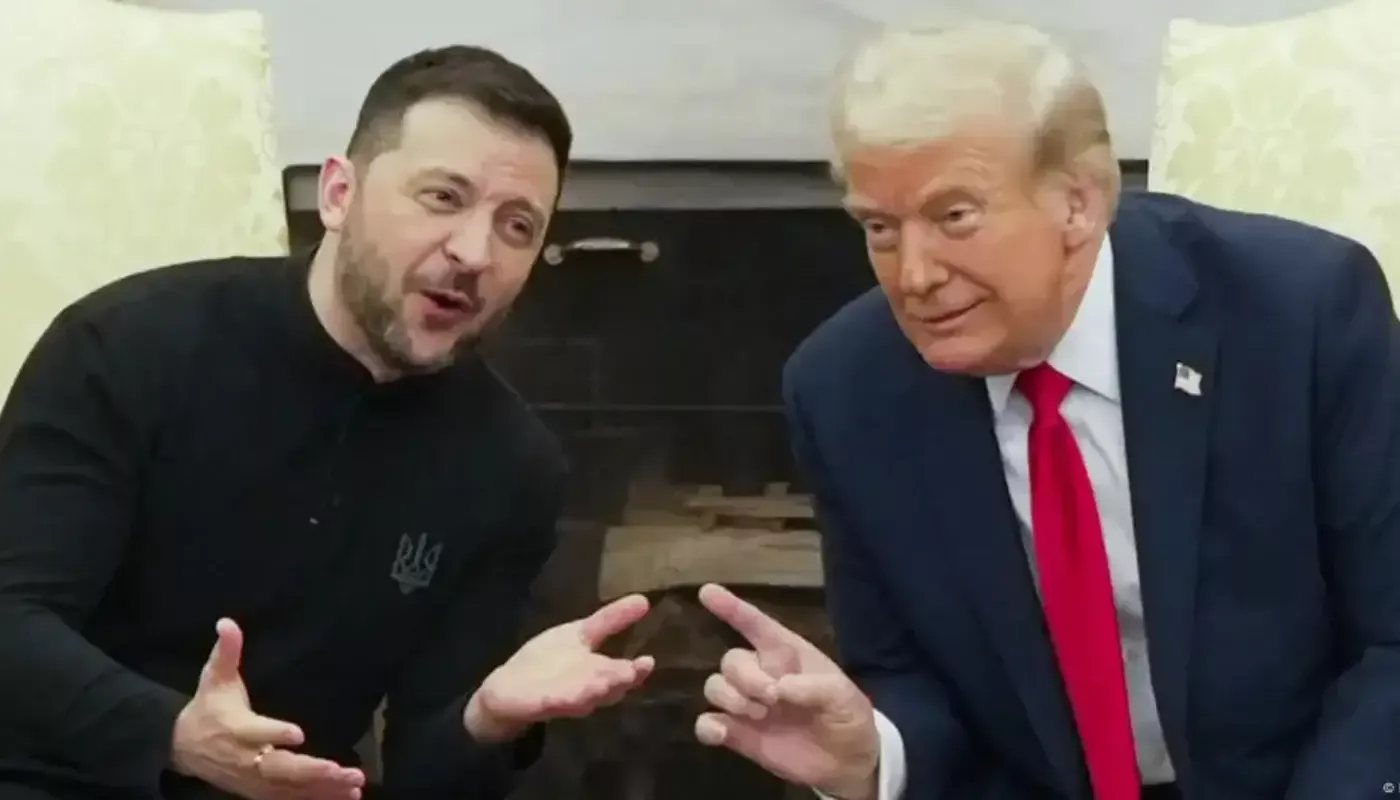The rapprochement between Zelensky and Trump has alarmed the Russian elite

The Washington Post reports that an agreement reached after two months of negotiations regarding the exploitation of natural resources between the US and Ukraine has raised serious concerns in Russia. The publication's analytical material released on May 2 states that the Russian elite views this agreement as a geopolitical loss for the Kremlin.
Zelenskiy and Trump's relationship is causing concern
According to the article, Russian political leaders are worried about the potential rapprochement between Volodymyr Zelenskiy and former US President Donald Trump. It is believed in the Kremlin that this process could lead to a rejection of beneficial diplomatic agreements regarding Ukraine.
One high-ranking Russian official, speaking on condition of anonymity, informed WP journalists:
“Putin must at least show a willingness to compromise on certain issues; otherwise, a new wave of sanctions will come. This time, the punitive measures could be very severe.”
Risks of sanctions and budget deficit
Currently, it has been announced that a new package of sanctions against Russia is being prepared under the leadership of US Senator Lindsey Graham. If these restrictions come into effect, the Russian economy may come under even greater pressure, as the country continues to experience a growing budget deficit.
“Russian officials claim they have overcome the sanctions, but the increasing economic problems are also causing them concern. The economy cannot be managed in the long term through a mobilization model,” said a WP source.
Economic indicators are declining
In the first quarter of this year, Russia's gross domestic product (GDP) growth rate has clearly declined. While GDP growth was 4.1 percent in 2023, this figure was only 1.7 percent in the first quarter of 2024.
At the same time, despite the Central Bank of Russia's high interest rates, inflation remains above 10 percent.
Aside from military expenditures, other sectors are facing recession, and the decline in oil prices has reduced budget revenues from raw materials by approximately 20 percent. According to the Ministry of Finance, the state budget deficit in 2024 could reach its highest level since the pandemic — it is projected to rise to 3.8 trillion rubles instead of the planned 1.2 trillion.
As Russia faces new pressures in foreign policy, what measures can the country take to maintain economic stability internally? How might new sanctions and geopolitical agreements alter this balance? What do you think?







